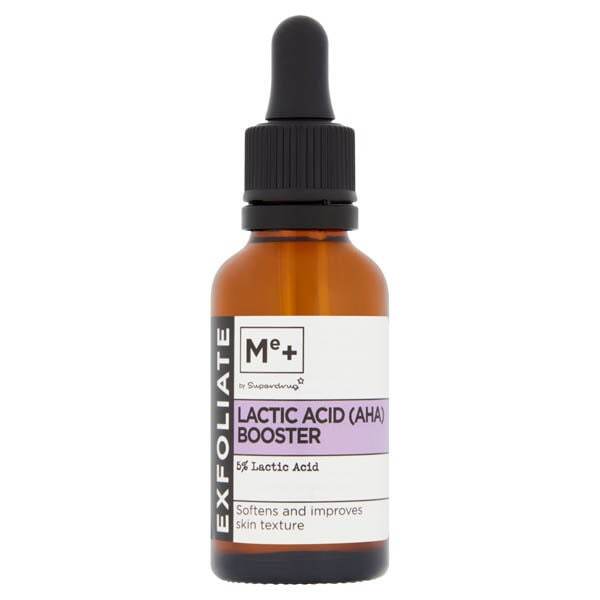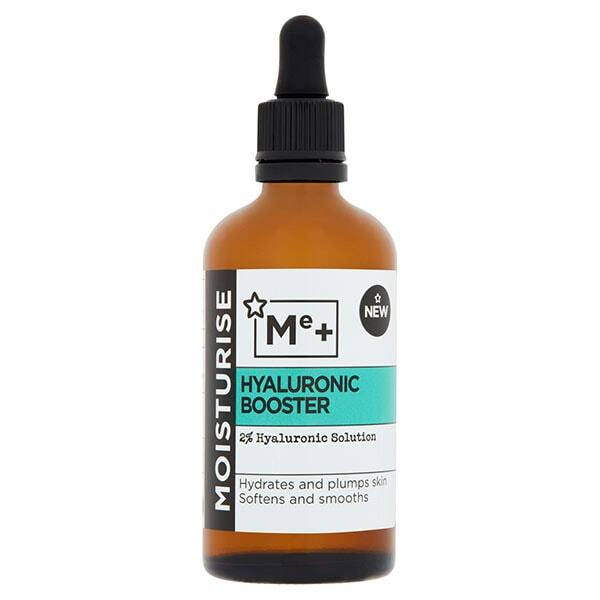Skin experts want to debunk these 4 hydration myths right now
No, exfoliating doesn't make your skin drier
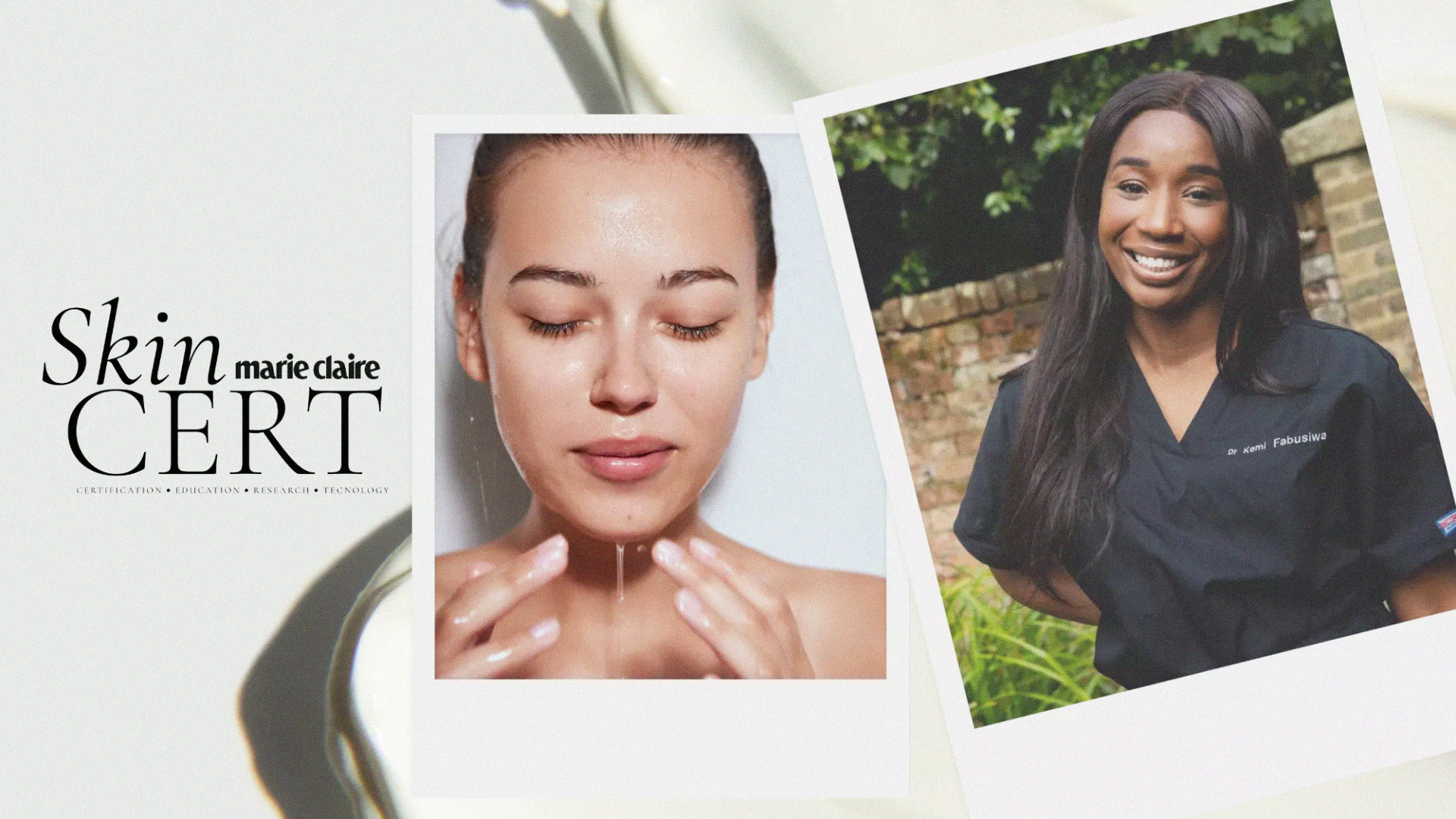
Knowing how to care for your skin correctly can be confusing, especially when it comes to hydration. You might wonder what moisturiser is best for your skin concerns, or if exfoliating actually makes dryness worse. Perhaps you’ve been keen to try the K-beauty trend of slugging but don’t know if it’s right for your skin type.
And it's no wonder. The internet is a breeding ground for false information, concerning advice and skincare myths. So, to help separate the fact from the fiction, we spoke to Dr Kemi Fabusiwa – a skincare expert and NHS junior doctor. Here, she shares four common hydration myths and the knowledge she wants to arm you with for winter. Healthy, glowing skin here we come...
Hydration Myth 1: Exfoliation leads to drier skin
Exfoliation has a bad rep for making drier skin worse, but Dr Kemi Fabusiwa says that this isn’t true for all types of exfoliators. “If you have rough skin and a build-up of dead skin cells, then exfoliation may actually help you to remove the old skin cells that are preventing hydrating ingredients from penetrating deep into the skin,” she explains. “Consider using a gentle alpha-hydroxy acid such as lactic acid or mandelic acid to lift away the upper layer of dead and dying skin cells”. This should help your serum and moisturiser penetrate deeper into the dermis and give you that sought-after glow.
Hydration Myth 2: Slugging is a must for all skin types
From TikTok to Reddit, slugging is the Korean beauty trend that went viral due to its alleged ability to lock moisture into the skin overnight. “Slugging is the process of applying a thick layer of Vaseline – an 'occlusive' agent that helps to prevent trans-epidermal water loss – onto the skin,” says Dr Fabusiwa.
“Whilst slugging can help those with extremely dry, eczema-prone skin, it goes without saying that it's not appropriate for all skin types – and definitely not oily acne-prone skin types. Slathering on such a thick occlusion can actually lead to congestion and blemish-prone skin”. If this sounds like you, opt for lightweight non-comedogenic moisturisers containing squalane or polyglutamic acid.
Hydration Myth 3: The thicker the moisturiser the greater the hydration
“It's important to recognise that there are several different types of moisturisers – from humectants, to emollients, to occlusives,” advises Dr Fabusiwa. Each of these does slightly different things. Put simply, just because a product is thicker, doesn’t necessarily mean it will provide the best type of hydration.
For instance, humectants such as hyaluronic acid add water to the epidermis, while occlusives such as Vaseline and marula oil help to prevent water loss by forming a protective film over the skin. Emollients, on the other hand, soften and condition the skin. This makes them particularly effective at improving dry patches and conditions such as eczema.
Celebrity news, beauty, fashion advice, and fascinating features, delivered straight to your inbox!
Hydration Myth 4: Hyaluronic acid should be applied to dry skin
A post shared by Dr. Kemi Fabusiwa | Skin (@dr.fab)
A photo posted by on
If you’re finding that your hyaluronic acid serum isn’t giving you the hydration boost you were expecting, it could be because you’re applying it incorrectly. Yes, really. According to Dr Fabusiwa, hyaluronic acid should always be applied to damp and not dry skin. “Hyaluronic acid is a powerful humectant that works by drawing water in from the environment. As such, if your skin is not damp, then hyaluronic acid will pull water from the lower layers of skin which may leave your skin feeling dehydrated.”
-
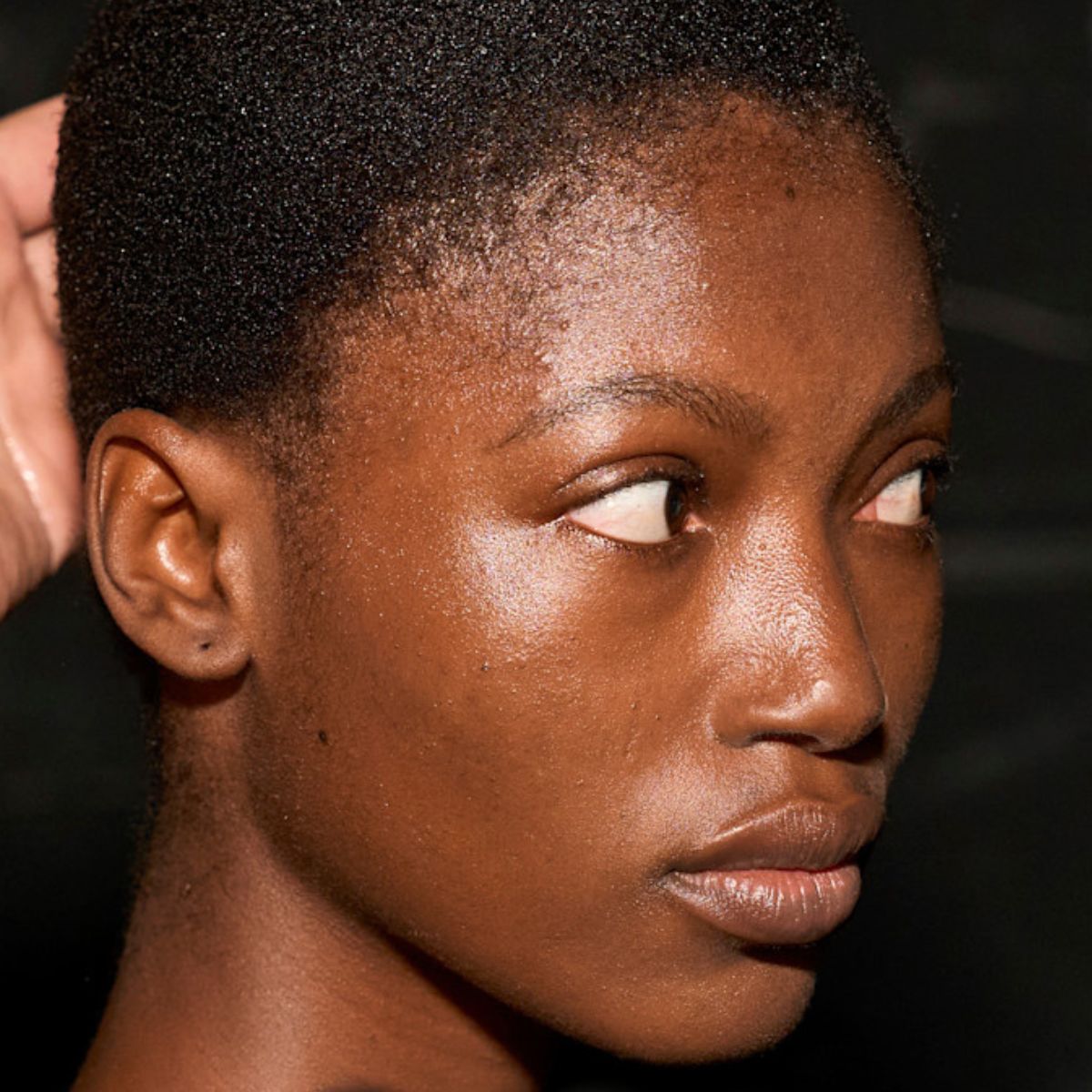 NAD Is the Multitasking Skincare Ingredient to Rival Retinoids—Experts Explain How It Really Works
NAD Is the Multitasking Skincare Ingredient to Rival Retinoids—Experts Explain How It Really WorksTime to get familiar
-
 Your Cheat Sheet to the All the Debuts, Ones-to-Watch and Must-Sees This AW26 Season
Your Cheat Sheet to the All the Debuts, Ones-to-Watch and Must-Sees This AW26 SeasonKicking off with New York Fashion Week, prepare for a very stylish four weeks
-
 I’m a Corporate Lawyer—This Menswear Collection Is Inspiring My Style Right Now
I’m a Corporate Lawyer—This Menswear Collection Is Inspiring My Style Right NowLisa Ing Marinelli shares her latest styling hacks
-
 Silicones in skincare have become demonised, but experts say the benefits shouldn't be overlooked
Silicones in skincare have become demonised, but experts say the benefits shouldn't be overlookedThere are pros and cons to everything
-
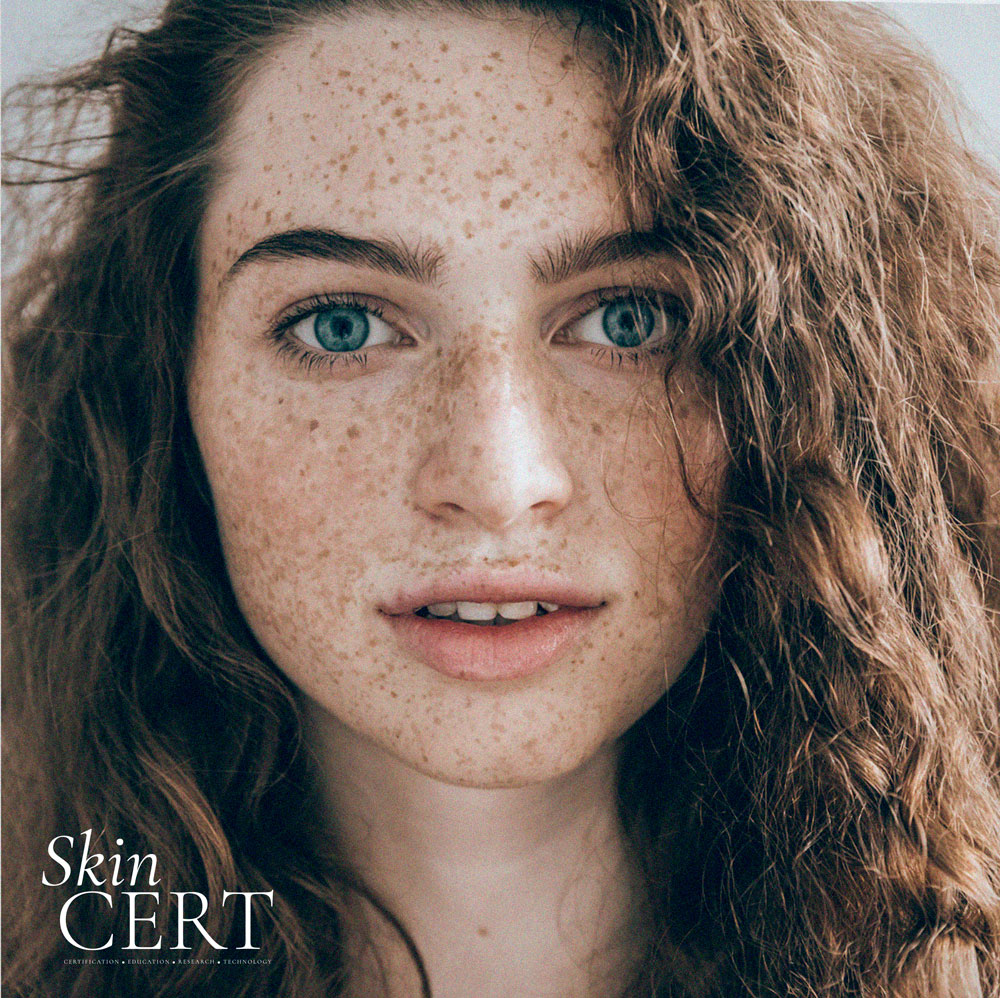 Assumed SPF in foundation was sufficient protection? You'd better think again—here's why
Assumed SPF in foundation was sufficient protection? You'd better think again—here's whyTime to bust some beauty myths
-
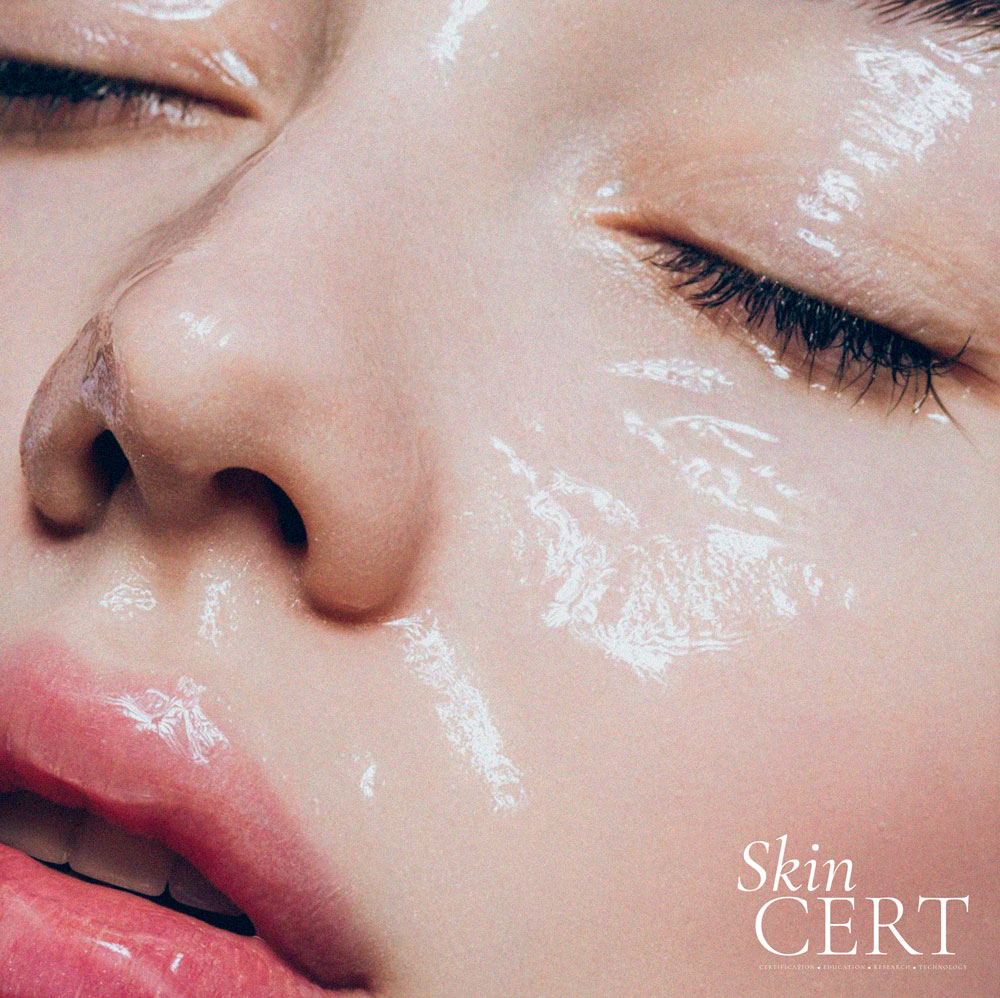 When your make-up is slipping off throughout the day, these simple skincare changes will help
When your make-up is slipping off throughout the day, these simple skincare changes will helpIt makes sense when you think about it
-
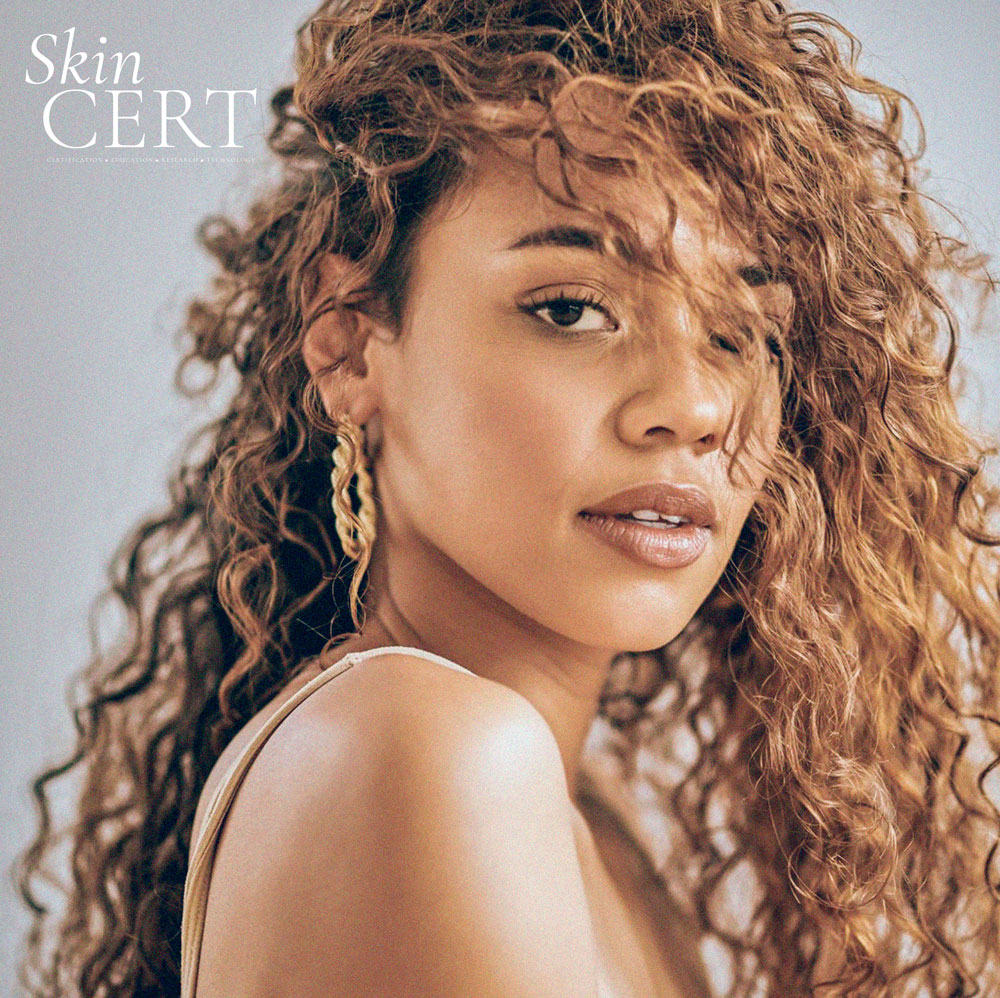 If you're after no-make-up make-up, these skincare-infused serum foundations are worth knowing about
If you're after no-make-up make-up, these skincare-infused serum foundations are worth knowing aboutAnd they're perfect for foundation-haters
-
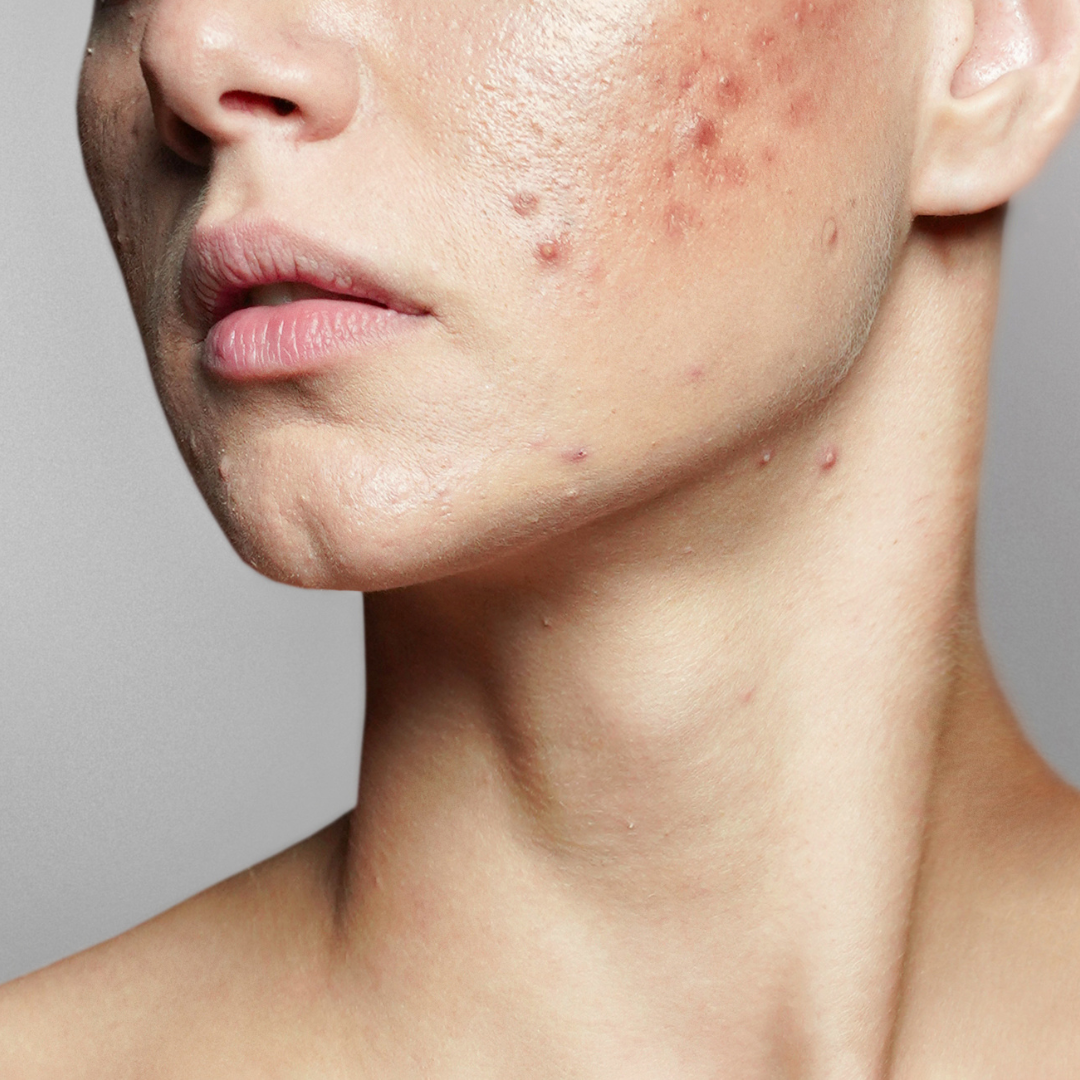 I didn’t think a retinoid would help my acne – here’s why I was wrong
I didn’t think a retinoid would help my acne – here’s why I was wrongTwo months later, I’ve learned a lot
-
 Consider this your 101 guide to the different types of acids for your skin
Consider this your 101 guide to the different types of acids for your skinThink you know your skincare acids?
-
 I’ve had so many compliments on my skin ever since I started using these 3 ingredients
I’ve had so many compliments on my skin ever since I started using these 3 ingredientsHello retinol, hyaluronic acid and niacinamide
-
 Do you have dry or dehydrated skin? Here's how to figure it out according to the pros
Do you have dry or dehydrated skin? Here's how to figure it out according to the prosBecause yes, there is a difference
